Mejgan Afshan’s father warned her about the danger of discussing religion and politics, but as a girl, she couldn’t resist the two things she thought mattered more than anything else. Now 28 and watching the 2008 presidential campaign closely, Afshan sees how uncomfortable those topics can be when they intersect.
While an unholy amount of campaigning has been in the form of Godtalk — former Arkansas governor Mike Huckabee talking about how much he loves Jesus, former Massachusetts governor Mitt Romney swearing there’s nothing wrong with being Mormon and Sen. Barack Obama reminding potential voters that he’s not Muslim — Afshan feels like the greatest effort candidates are making with Muslim Americans like her is to distance themselves.
“It’s like when you are a kid, and everybody is getting a piece of candy, and you don’t get one,” said Afshan, who spent the past three years as a field representative for House Speaker Nancy Pelosi (D-San Francisco) and recently left to join the Muslim Public Affairs Council (MPAC). “I want some attention, too.”
That is a sentiment shared by many Muslim Americans, including many of the 1,000 who came to the Long Beach Convention Center last Saturday for MPAC’s annual convention.
“Today in the country,” said Shakeel Syed, executive director of the Islamic Shura Council, a federation of Southern California mosques and nonprofits, “Muslims are treated as some permanent foreigner who by mistake landed in America.”
That was echoed by an absence of candidates at the convention. Speaker invitations were sent both to the Republicans and Democrats running for president; only Mike Gravel, the former Democratic senator from Alaska who is considered a fringe candidate, accepted, and he cancelled his keynote address the night before because of pneumonia.
And a few missed R.S.V.P.s isn’t the only reason Muslim Americans feel snubbed by some of the presidential candidates.
Last month, Romney irked many when he reportedly said at a Las Vegas fundraiser that there aren’t enough Muslims in America to warrant a position in his Cabinet. (Exact numbers are disputed: A nationwide survey by the Pew Research Center pegged the population at about 2.35 million, while Muslim organizations have claimed it is closer to 7 million.)
In September, Sen. John McCain (R-Ariz.) told the Beliefnet Web site that he believes the Constitution established the United States as a Christian nation, and he thinks a Muslim would be less fit to lead it.
And 45 percent of Americans agree on the latter point, according to a Pew poll in August, compared to 25 percent who said they would be less likely to vote for a Mormon presidential candidate and 11 percent who would be less likely to vote for a Jew.
“Before Sept. 11, the Muslim community was getting very involved in politics,” said John C. Green, a senior fellow at the Pew Forum on Religion & Public Life. “They were out endorsing candidates and signing up voters and taking positions. Then Sept. 11 happened, and many Muslim organizations, as well as many individual Muslims, withdrew from politics. They felt targeted by the Patriot Act and other government actions. But that is changing. They are talking about a renewed interest in politics, a real opportunity to be part of the process.”
This is a familiar pattern for immigrant communities. Only last fall, when Keith Ellison was elected to represent the Fifth District of Minnesota in Congress, did Muslim Americans break into elected office at the federal level.
“Of course, people still have misgivings about the community, but Muslims feel that Keith Ellison’s election was a landmark that has opened an opportunity for them to seek office at various levels,” said Aslam Abdullah, founder of the Muslim Electorates’ Council.
According to the Pew survey, Muslim American are a diverse group — 65 percent born in at least 68 foreign countries, 20 percent African American, 65 percent U.S. citizens — and when it comes to politics, their leanings defy classification. Most are conservative on social values, liberal on social welfare and frustrated with American foreign policy.
Muslims strongly supported George W. Bush in 2000, in part because during the first presidential debate he condemned ethnic profiling and the use of secret evidence against terror suspects.
The Republican alienation of Muslims began in the immediate wake of Sept. 11, 2001, when FBI investigators questioned thousands of foreign-born Muslims. It accelerated with the indefinite detention of immigrants, the Iraq War and reports of warrantless wiretapping. And 93 percent voted for Sen. John Kerry (D-Mass.) in 2004, according to exit polls by the American Muslim Taskforce.
Some 63 percent are registered Democrats and 11 percent Republican. They are expected to vote heavily Democrat in 2008.
“I truly do not want to abandon the Republican Party, but unless things change,” Hesham Hassaballa, a physician and author of “The Beliefnet Guide to Islam,” wrote in a recent column for Religion News Service, “I cannot keep from asking if the party has already abandoned me.”
Though initially Sept. 11 caused Muslim Americans to recede from the public place, it has since forced them to speed up the immigration evolution.
“Before Sept. 11, many immigrants used to live here only physically. Mentally and spiritually they lived outside. That changed after Sept. 11,” said Zahid Bukhari, director of the American Muslim Studies program at Georgetown University. “They realized they have to live here mentally and spiritually, too; they have to be involved in American society.”
Syed of the Shura Council said this is the best way to influence American politics and to defend against the “Muslim bashing” of presidential candidates.
“This can change; this must change,” he said. “But this will never change unless we make an unconditional commitment to civic engagement at all levels and at all times.”






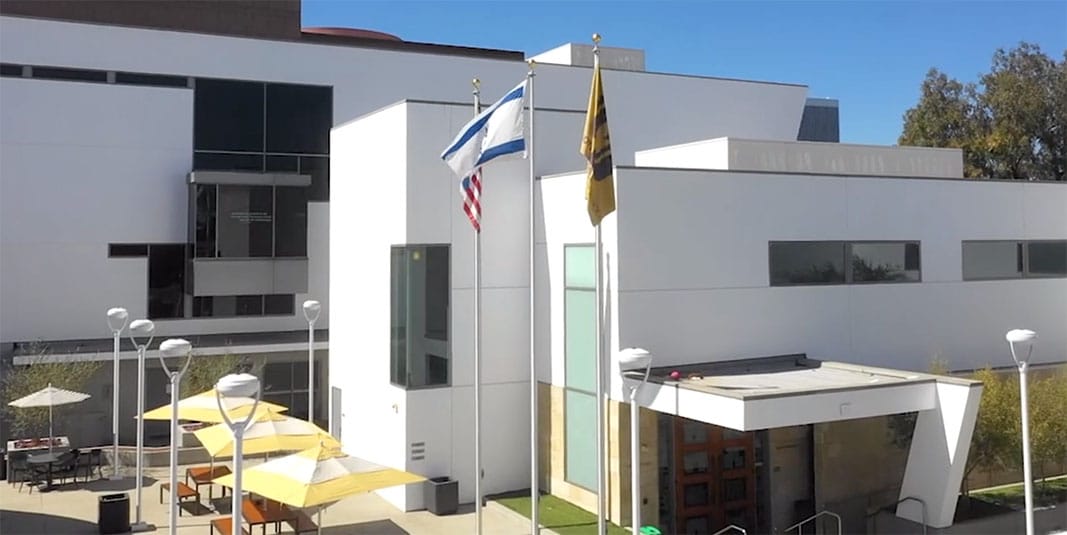
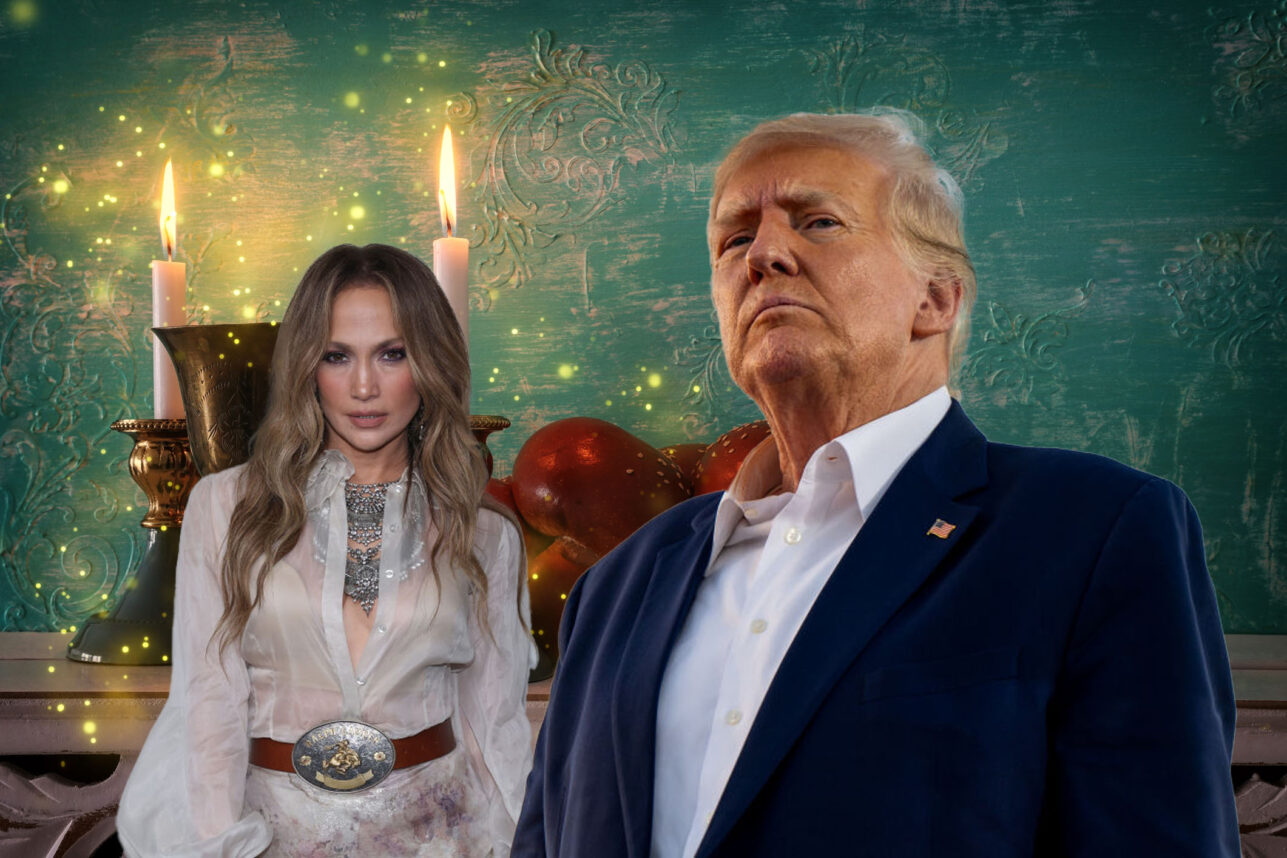


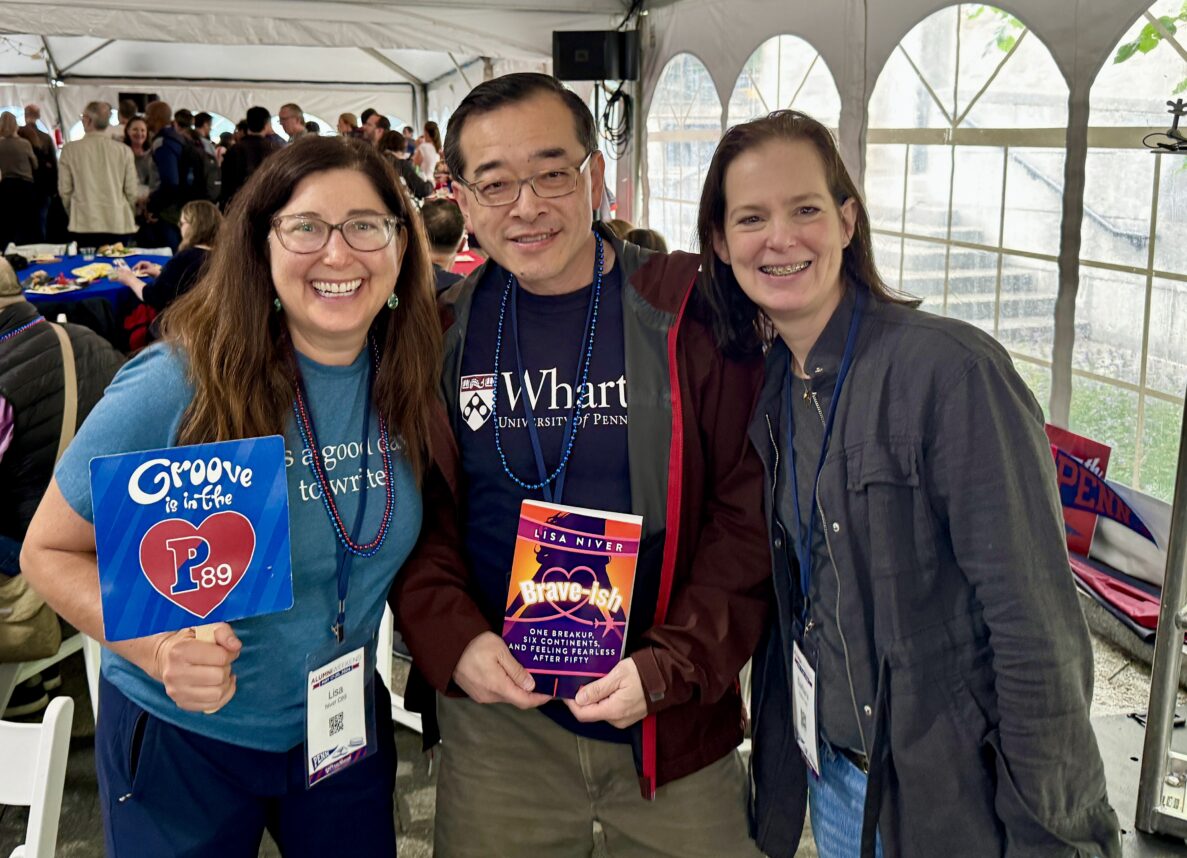


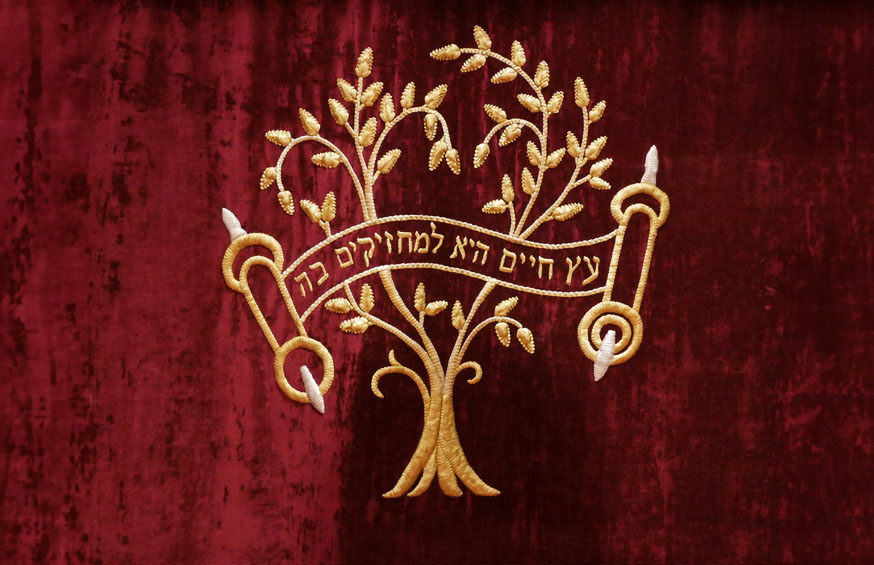
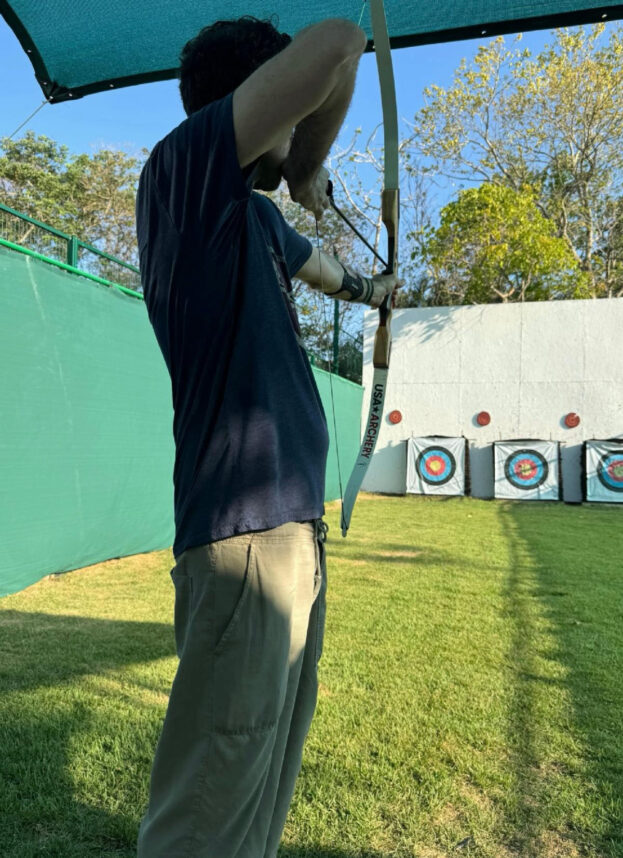







 More news and opinions than at a Shabbat dinner, right in your inbox.
More news and opinions than at a Shabbat dinner, right in your inbox.